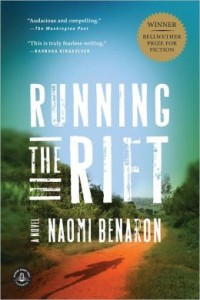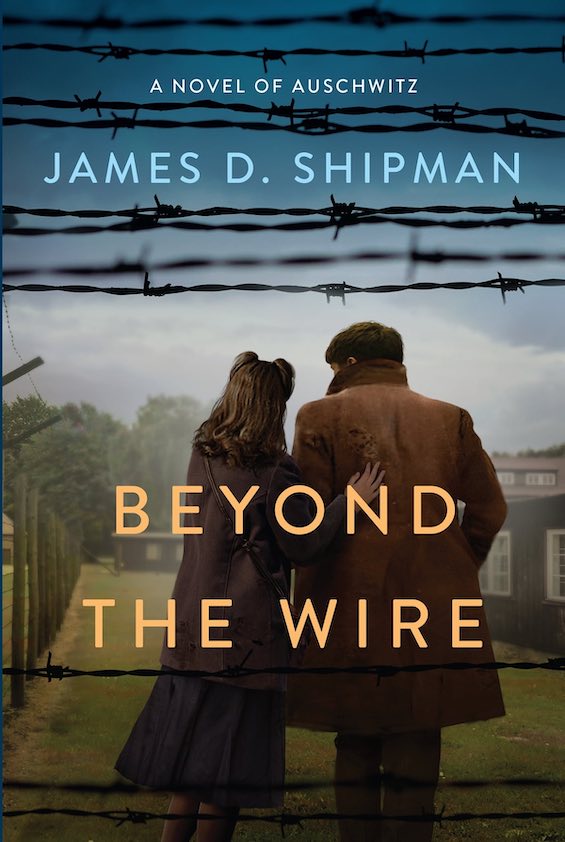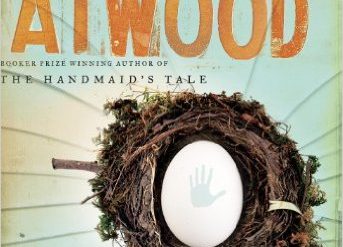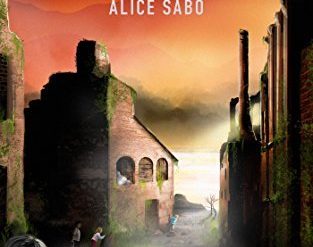
Today, Rwanda is one of the brightest lights in Africa. The economy is booming. Corruption is rare. Government delivers services. The streets are clean. It’s even easy to open a business. A quarter-century ago the country was in chaos, as this award-winning book about the Rwanda genocide reminds us.
Estimated reading time: 3 minutes
Yes, nearly thirty years ago this tiny, landlocked country tucked among Uganda, the Democratic Republic of Congo, Burundi, and Tanzania suffered one of the most tragic events of the 20th Century. This was the Rwanda genocide, a murder spree by many of the country’s Hutu people against their traditional rivals, the Tutsi. In 100 days, they ended the lives of between 500,000 and 1,000,000 Tutsis and moderate Hutus, as many as one in five of the country’s people. Despite Rwanda’s impressive accomplishments since the insurgent Tutsi leader Paul Kagame became president (and virtual dictator) in 2000, it is still the genocide that looms large in the world’s perception of the country.
Love and hope in the Rwanda genocide
The Rwanda genocide is the central event in Running the Rift, a remarkable novel that tells the story of a young Tutsi man, Nkuba Jean Patrick, a supremely talented runner who aspires to compete in the 1996 Olympics in Atlanta. The tale begins when Jean Patrick is a boy just beginning to detect his gift, and it explores his life, and the reality he experienced, in the years of increasing violence in the late 1980s and early 1990s, through the terrible trials of 1994, and for several years afterward.
In language enriched by a generous dollop of Kinyarwanda (the official language of Rwanda) terms and phrases, we follow Jean Patrick’s life through his interactions with his schoolteacher father, his many brothers and sisters, his few close friends, the headmaster of his school, his running coach, and, later, his girlfriend and a young American couple who move to the country.
I can think of few more challenging tasks for a writer than to tell a story of love and hope against the background of such a terrible tragedy, yet Naomi Benaron succeeds brilliantly. Barbara Kingsolver, who also has written about sub-Saharan Africa, agrees. She awarded the first-time novelist her Bellwether Prize for Socially Engaged Fiction. Running the Rift richly deserves that recognition.
Running the Rift by Naomi Benaron (2012) 400 pages ★★★★★
About the author
Amazingly, given the credible language and circumstances of this extraordinary novel, Naomi Benaron is an American who writes poetry and fiction. (I’d thought that surely the author was Rwandan.) One connection between her life and this story is that she is a triathlete and marathon runner. Also, as her publisher’s author bio explains, “Benaron first worked with genocide survivors in her hometown of Tucson, acting as an advocate and helping them to adjust to life in the United States. She later attended a genocide conference and made several trips to Rwanda. ‘I felt very connected to the story,’ she says, ‘as my mother lost most of her family in the Holocaust.'”
For related reading
This is one of 20 top books about Africa.
I’ve also reviewed another book about the Rwanda genocide but from a very different angle: Nairobi Heat by Mukoma Wa Ngugi (An African American detective investigates the Rwanda genocide).
If you enjoy reading history in fictional form, check out 20 most enlightening historical novels. And if you’re looking for exciting historical novels, check out Top 10 historical mysteries and thrillers.
You might also be interested in Top 10 great popular novels.
And you can always find my most popular reviews, and the most recent ones, on the Home Page.



























Thank you so much for this generous review and for your interest. YOur words are greatly appreciated.
-Naomi